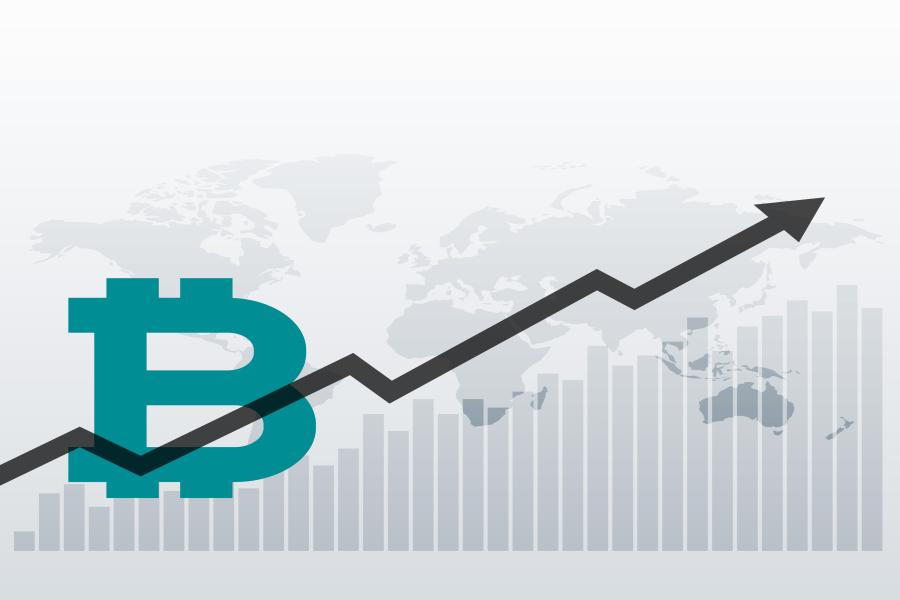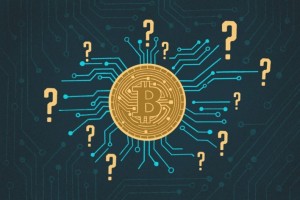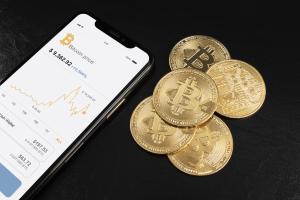 12, Nov
12, Nov
Stocks or Bitcoin? Why the Future of Wealth Might Not Be on Wall Street
For generations, the playbook for building wealth has been clear and consistent: invest in the stock market. Buying shares in established and growing companies has long been celebrated as the most reliable path to securing a prosperous future. Wall Street, and exchanges like it around the world, became the engines of wealth for the 20th century.
But it’s 2025, and the world runs on a new set of rails. We live in a digital, interconnected, 24/7 global economy. This raises a critical question: Is the traditional financial advice of our parents and grandparents still the best playbook for us today?
While the stock market remains a formidable force, a new asset class has emerged that was born from the internet. It’s digital, scarce, borderless, and operates outside the control of any single company or country. That asset is Bitcoin, and it presents a fundamentally different vision for the future of investment.
The Traditional Path: Investing in Stocks
Investing in stocks gives you ownership in productive businesses. When those companies succeed by creating value, you as a shareholder are rewarded. It's a model that has created tremendous wealth and is the foundation of modern finance.
However, in our globalized world, this traditional system has clear limitations:
Fragmented Markets: The stock market isn't one market; it's a collection of dozens of national exchanges. An investor in Japan faces hurdles and fees to buy US stocks, just as an American investor faces challenges investing in Brazil. The system is a patchwork of geographic and regulatory walls.
Banker's Hours: The financial world still largely operates from 9-to-5, Monday to Friday. In an age of instant global communication, your money is forced to take weekends and holidays off.
Systemic Currency Devaluation: All stocks are priced in a national currency (USD, EUR, JPY, etc.). Every single one of these currencies is subject to inflation and can be created in unlimited quantities by central banks. This means your "gains" are constantly at risk of being eroded by the devaluation of the very money they're measured in.
A New Path: Why Bitcoin Changes the Game
Bitcoin is not a company. It has no CEO, no board of directors, and no headquarters. It is a decentralized digital asset and payment network, powered by code and secured by a global community. Here is why it offers a compelling alternative to the old way of doing things.
1. A Single, Unified Global Market Bitcoin erases the geographic barriers of traditional finance. There is only one Bitcoin market, and it never closes. It runs 24/7/365. An investor in Madrid, Mumbai, or Mexico City is accessing the exact same asset on the exact same market at the exact same time. It is the world’s first truly global and accessible asset.
2. A Shield Against Global Inflation This is Bitcoin’s superpower. While governments worldwide can—and do—print more money to manage their economies, thus devaluing their currency, Bitcoin’s supply is absolutely finite. Only 21 million Bitcoin will ever exist. This hard-coded scarcity makes it a powerful long-term hedge against the inevitable devaluation of all government-issued currencies. It's a neutral savings technology for citizens of the world.
3. True Financial Sovereignty When you own stocks, a broker or custodian holds them on your behalf. You are trusting a third party with your assets. Bitcoin allows for self-custody. By controlling your own private keys, you can hold your Bitcoin directly, without needing permission from any bank or government. In an uncertain world, this represents an unparalleled level of financial control and freedom.
4. An Investment in a Technological Revolution Investing in stocks is an investment in the existing industrial-corporate system. Investing in Bitcoin is an investment in a new, disruptive technology that is powering a parallel financial system. While volatile, Bitcoin offers asymmetric upside. Like investing in the early days of the internet, the potential for growth is immense because the technology is still in its early stages of global adoption.
The Choice for a New Generation
Let’s put it side-by-side:
Choosing where to invest is no longer just about comparing company earnings reports. It’s about choosing which system you believe holds more promise for the future.
The stock market represents the pinnacle of 20th-century finance. It’s established, proven, and powerful. But Bitcoin represents a new choice—one that is digitally native, globally accessible, and fundamentally sovereign.
While a diversified approach is always prudent, ignoring Bitcoin is to ignore a seismic shift in technology and finance. The industrial age was built on stocks and bonds. The digital age may very well be built on a new type of programmable, scarce asset. The real question is: are you investing for the world that was, or the world that is being built?




